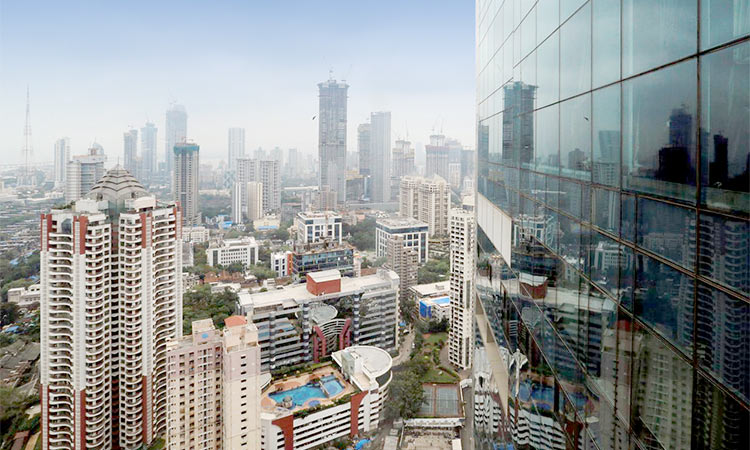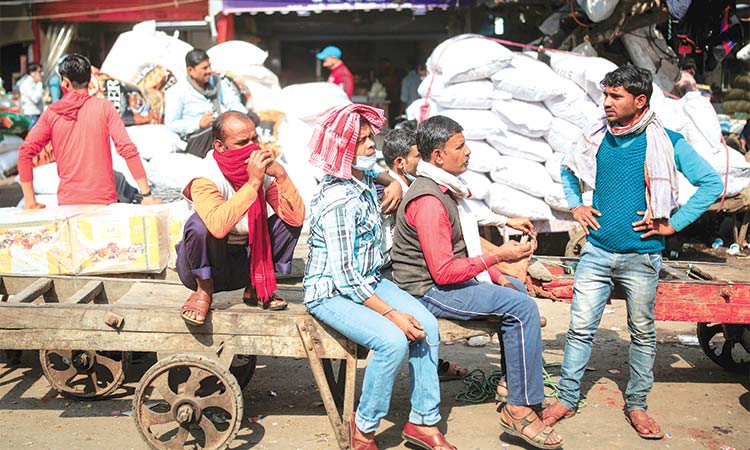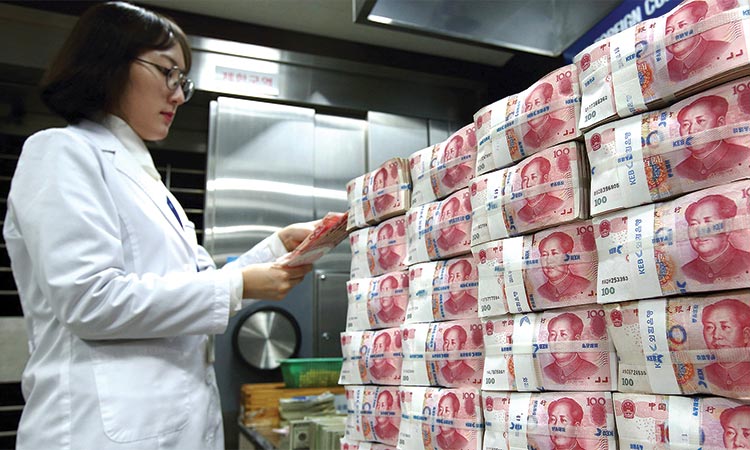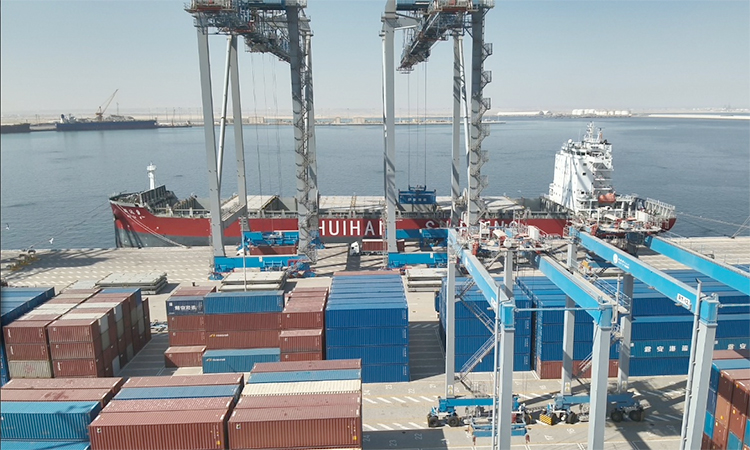India tightens regulations on investment from neighbours
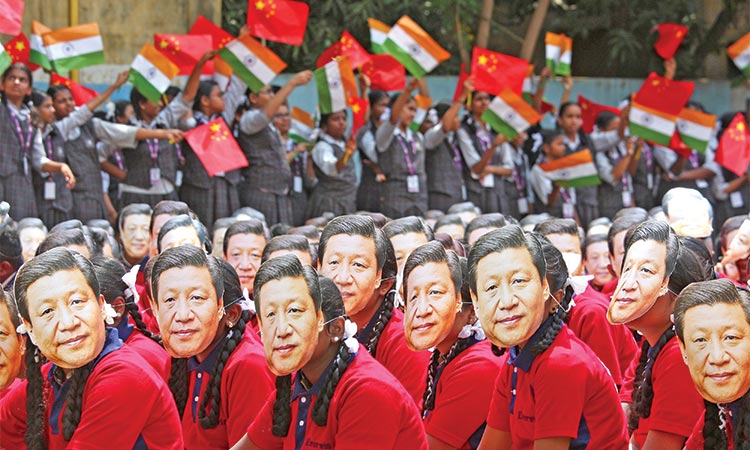
Students wear masks of China’s President Xi Jinping ahead of the informal summit with India’s Prime Minister Narendra Modi, at a school in Chennai on October 10, 2019. File/Reuters
India’s trade ministry said in a notification dated April 17 the changes to federal rules on investment were meant to curb “opportunistic takeovers/acquisitions”. It did not mention China.
Investments from an entity in a country that shares a land border with India will require government approval, it said, meaning they can not go through a so-called automatic route.
“These times should not be used by other countries to take over our companies,” a senior government official told Reuters.
Similar restrictions are already in place for Bangladesh and Pakistan. But up to now, they have not applied to China and India’s other neighbours including Bhutan, Afghanistan, Myanmar and Nepal.
“This will certainly impact sentiment among Chinese investors. However, greenfield investments will not be impacted,” said Santosh Pai, a partner at Indian law firm Link Legal that advises several Chinese companies.
Australia has also said all foreign investment proposals will be assessed by a review board during the coronavirus crisis to prevent a fire sale of distressed corporate assets. Germany has taken similar measures.
A February report by research group Gateway House said Chinese foreign direct investment into India stood at $6.2 billion.
China’s Bytedance has plans to invest $1 billion in Indian, while automakers including Great Wall Motor Co Ltd and MG Motor, a unit of China’s SAIC, have said they intend to invest millions.
Delano Furtado, a partner with law firm Trilegal, said the notification may also impact Chinese companies with existing investments in the country.
“Any follow-on investments in those entities may now require approvals,” he said.
India’s notification also said government approval would also be needed to change the ownership of an Indian entity that had existing foreign investment.
Meanwhile, a Barclays report has projected that India’s GDP will stagnate and not grow at all during the calendar year 2020.
The UK-based financial services company and investment bank has revised its estimate for India’s gross domestic period (GDP) growth in 2020 to 0.0 per cent from its previous projection of 2.5 per cent. This is the lowest any agency has gone as far as India’s growth story is concerned.
The projections are a tad better for the financial year 2021, as the bank has estimated the GDP growth at 0.8 per cent, meaning the entire growth will come on the last quarter of current fiscal. Barclays had previous forecast that Indian economy may grow by 3.5 per cent this year.
The investment bank said that combined with the disruption in several service sectors, the economic loss is estimated to be close to $234.4 billion or 8.1 per cent of its GDP, assuming that India will remain under a partial lockdown at least until the end of May.
India and other South Asian countries are likely to record their worst growth performance in four decades this year due to the coronavirus outbreak, the World Bank said recently.
The South Asian region, comprising eight countries, is likely to show economic growth of 1.8% to 2.8% this year, the World Bank said in its South Asia Economic Focus report, well down from the 6.3% it projected six months ago.
India’s economy, the region’s biggest, is expected to grow 1.5% to 2.8% in the fiscal year that started on April 1. The World Bank has estimated it will grow 4.8% to 5% in the fiscal year that ended on March 31.
“The green shoots of a rebound that were observable at the end of 2019 have been overtaken by the negative impacts of the global crisis,” the World Bank report said.
Other than India, the World Bank forecast that Sri Lanka, Nepal, Bhutan and Bangladesh will also see sharp falls in economic growth. Three other countries - Pakistan, Afghanistan and the Maldives — are expected to fall into recession, the World Bank said in the report, which was based on country-level data available as of April 7.
Measures taken to counter the coronavirus have disrupted supply chains across South Asia.
India’s lockdown of 1.3 billion people has also left millions out of work, disrupted big and small businesses and forced an exodus of migrant workers from the cities to their homes in villages.
In the event of prolonged and broad national lockdowns, the report warned of a worst-case scenario in which the entire region would experience an economic contraction this year.
To minimize short-term economic pain, the Bank called for countries in the region to announce more fiscal and monetary steps to support unemployed migrant workers, as well as debt relief for businesses and individuals.
India has so far unveiled a $23 billion economic plan to offer direct cash transfers to millions of poor people hit by its lockdown. In neighbouring Pakistan, the government has announced a $6 billion plan to support the economy.
Agencies
